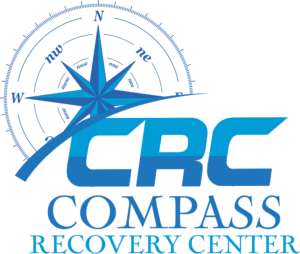According to The American Psychiatric Association, addiction is “a complex condition, a brain disease that is manifested by compulsive substance use despite harmful consequence.” Addiction is an all-consuming problem for those who suffer from it. The substance the user is addicted to can become the center of their life. Every thought and action the user takes becomes focused on the next opportunity they will have to use their substance. The user experiences cravings for their substance at every moment possible. Slowly, the user will build up a tolerance for the substance: they will have to take more and more of it in order to feel the effects as time goes on.
Despite popular belief, addiction is not simply a mental disorder. It has physical ramifications as well, and can even change the brain’s wiring. Such changes could lead to strange behaviors and thought processes, noticeably affecting the user’s personality. Addiction can change the parts of the brain which control learning, memory, and judgment. These changes do not only occur when the user is under the influence of the given substance; in fact, the effects of addiction can last far into a user’s life.
The effects of addiction are not isolated to the user alone. Because it is such a consumptive condition, addiction almost always affects the user’s loved ones and coworkers as well. These effects could be as small as an unpleasant personality change, and they could be as large as theft and physical abuse.
People who suffer from addiction often badly want to change their condition, but find themselves stuck. Often times, they cannot pull away from the lure of their substances. When they do, they find the mental and physical consequences of withdrawal too much to bear. Unfortunately, this is part of the nature of addiction, which makes it an incredibly difficult condition from which to recover.
At Compass Recovery Center, we are here to help you or your loved one with our extended-care treatment. Click this link to get in touch with us and find out more about what we can do to help.



